This CLE explores the ethical, practical and regulatory implications of integrating artificial intelligence into legal practice. It covers core technologies like machine learning and generative AI, their application in law firms and the ethical responsibilities attorneys under the ABA Model Rules and various state bar ethics opinions.
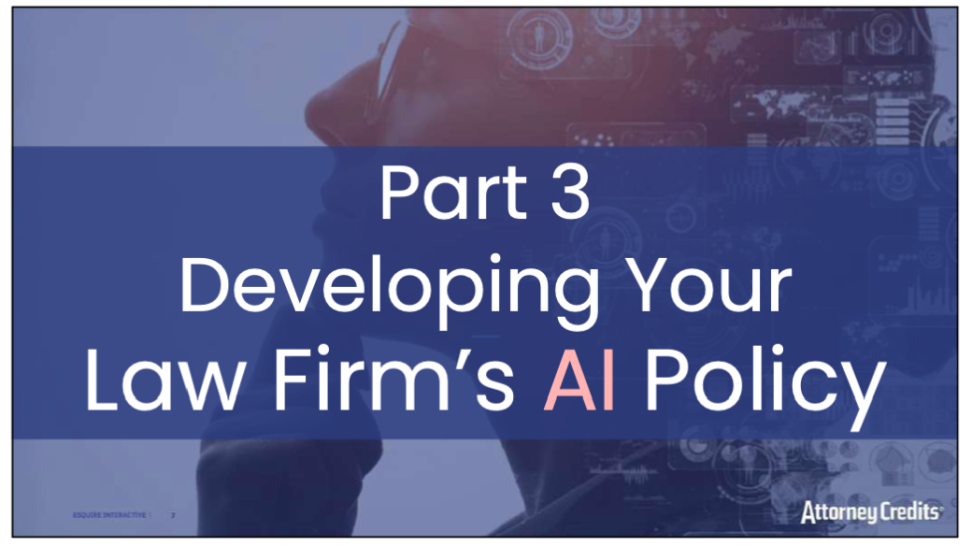
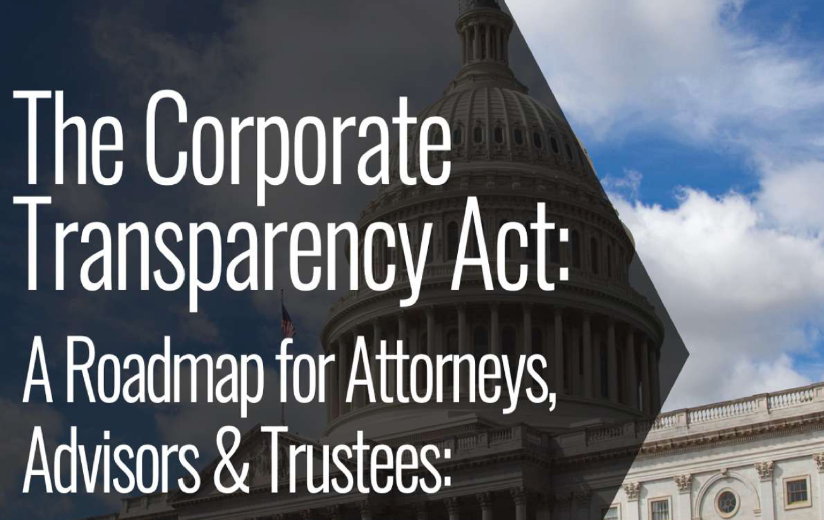
Attorney and CPA Gary Fletcher will provide background on the Corporate Transparency Act & the BOI Report (Beneficial Owner) process and how you and your client’s duties as an estate planner & business owner will be impacted by the beneficial ownership information reporting requirement under the Corporate Transparency Act (CTA). The rule requires certain corporations, limited liability companies and other entities to report information to FinCEN about themselves, their beneficial owners – and in some cases, their company applicants.
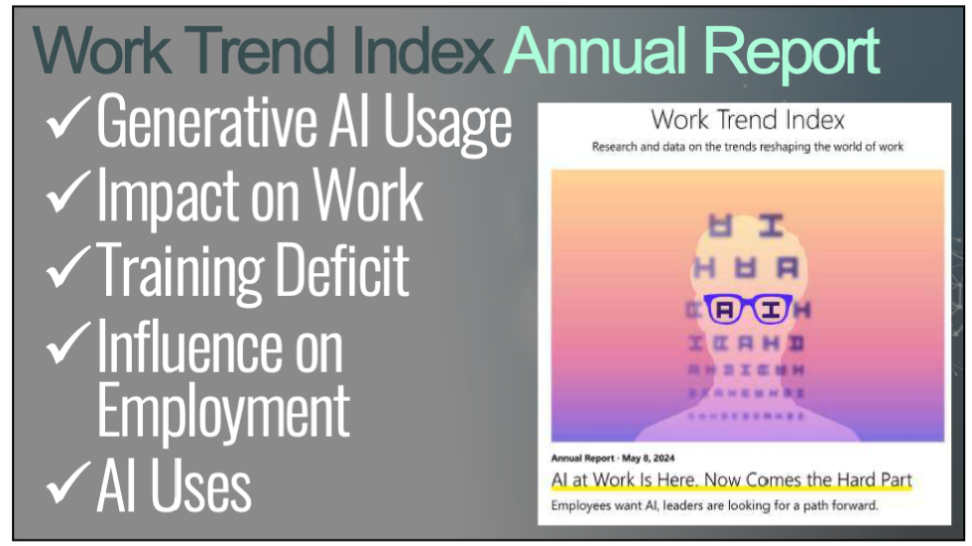
Unfortunately, new AI technology thinks like humans just a little too much – AI can produce results that promote bias and discrimination. The question now becomes how can attorneys harness this revolutionary new technology while remaining ethical in their legal practice. Presented by Amanda M. Blair, this CLE will highlight some of the common pitfalls associated with attorneys using generative AI, show you how AI can be subject to biased & discriminatory results, provide steps for attorneys to avoid biased results and conclude with best practices for attorneys when using AI in their legal practice.
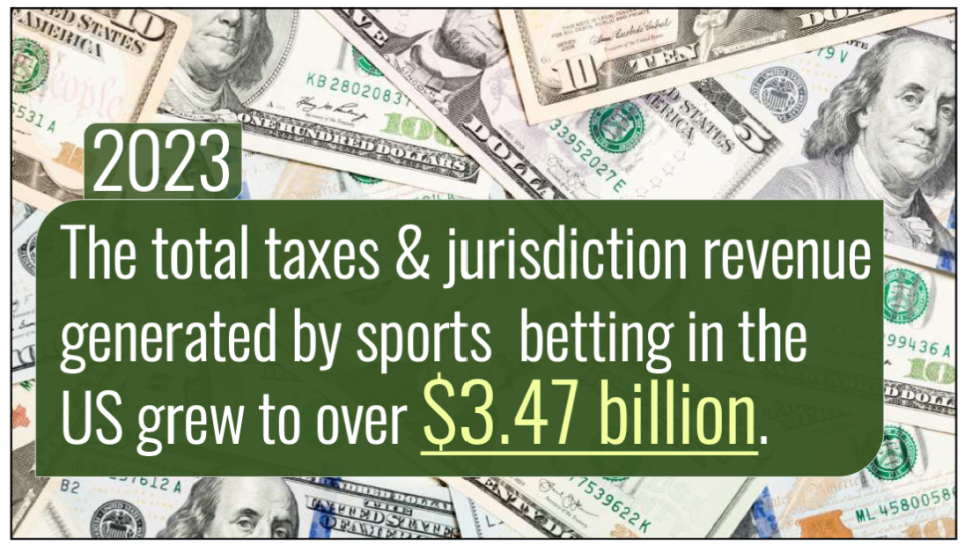
It’s no surprise that lawyers are especially at risk for gambling disorder because addiction is already problematic for lawyers, who suffer disproportionate rates of mental & addictive disorders. A former alcoholic with a cocaine & sports gambling addition, Brian Quinn will share his personal story and take a deep dive into gambling addiction – including its warning signs, risks, co-morbidities, related ethical issues and the toll it takes on the legal profession.
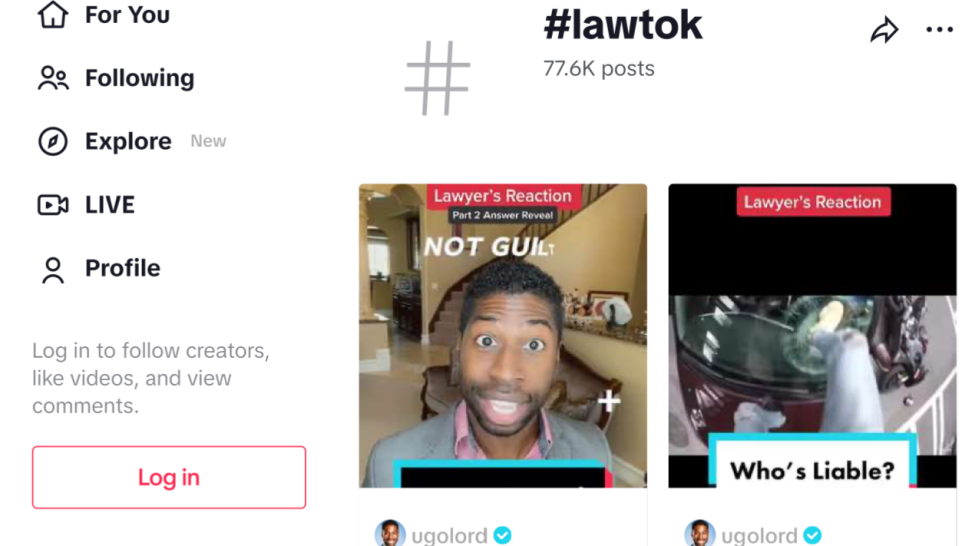
TikTok does not come without ethical concerns for attorneys – especially considering the constraints of attorney advertising rules. In this CLE, Cari Sheehan will detail the ethical issues associated with using social media & TikTok and review some attorney influencer videos to see if their online conduct truly comports with the Rules of Professional Conduct.
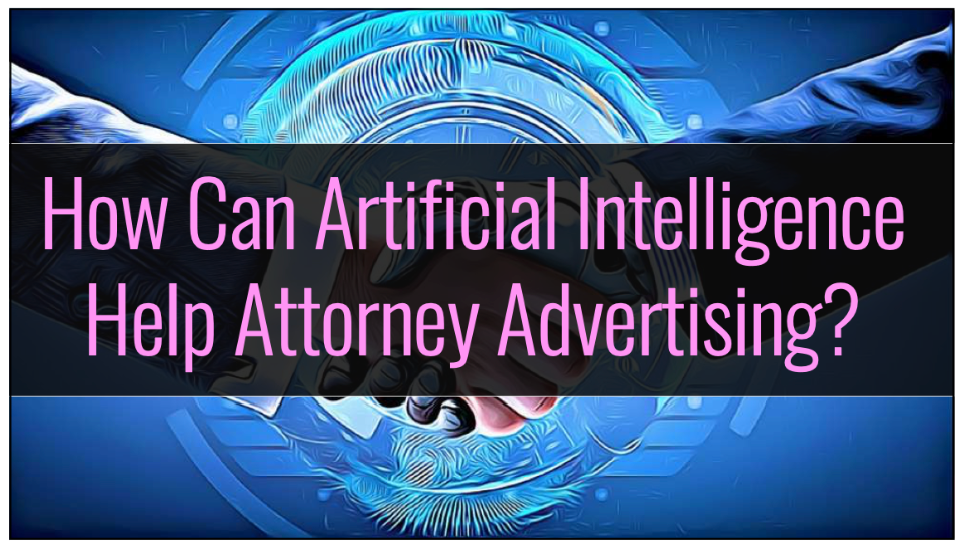
In this CLE, Cari Sheehan will detail the ethical issues associated with using social media & TikTok and review some attorney influencer videos to see if their online conduct truly comports with the Rules of Professional Conduct. Main topics covered: attorney advertising in a TikTok world, how artificial intelligence can help attorney advertising and ethical rules implicated in advertising on social media platforms.
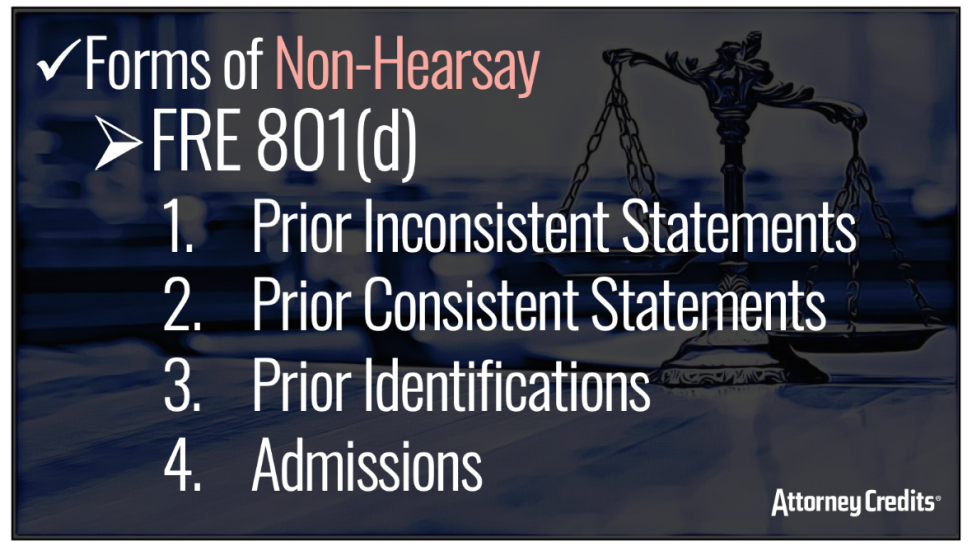
Mike will mainly cover the following points on hearsay: Rule 801 & hearsay definitions, forms of non-hearsay and the hearsay exceptions. Mike will also provide numerous memorable hypotheticals so you can think fast on your feet during the trial and practically deploy the Rules of Evidence to your advantage.
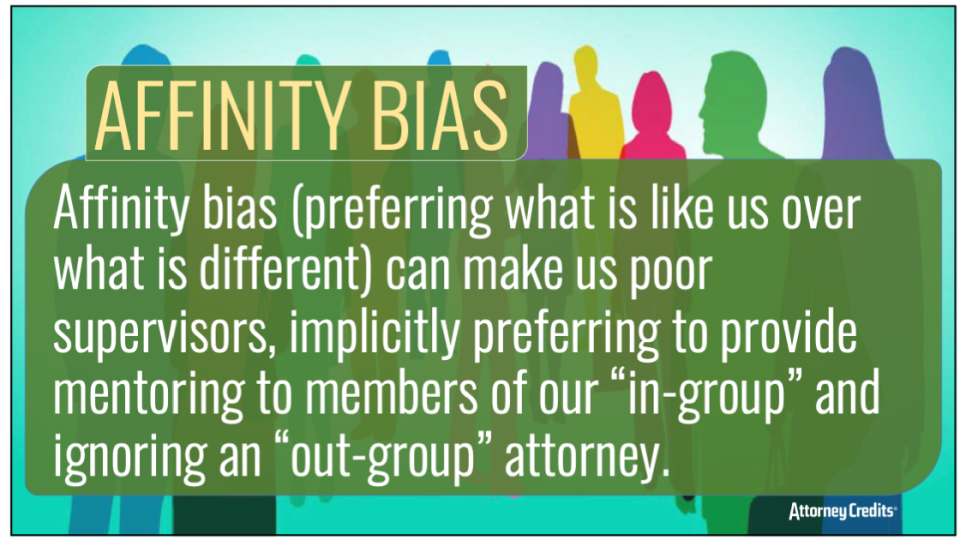
Unconscious bias can lead to bad decisions that violate an attorneys’ ethical duties of Competence, Communication & Diligence. It can also lead to bad press for law firms, malpractice lawsuits and possibly disbarment.
In the dynamic landscape of the legal profession, staying informed of the latest developments, nuances, and trends is not merely a choice but a professional obligation. This is where Continuing Legal Education (CLE) emerges as the cornerstone of a lawyer’s career, fostering continuous learning and ensuring the highest standards of legal practice. What is Continuing Legal Education? At its core, Continuing Legal…
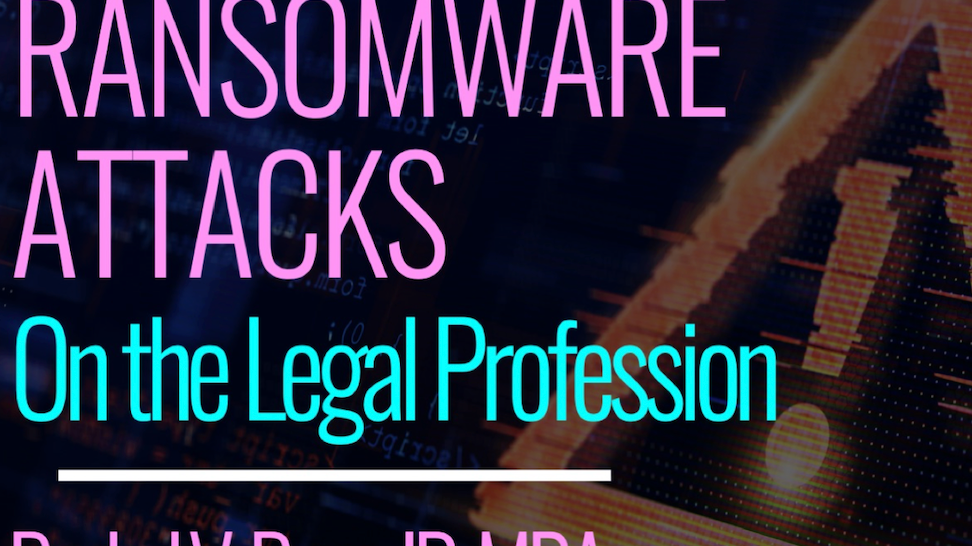
Attorneys and legal professionals must be proactive – not reactive. We now have an ethical responsibility to be competent with technology which includes safeguarding confidential & protected information like PII.